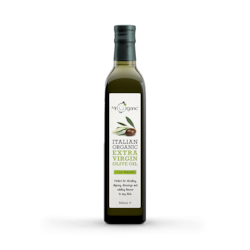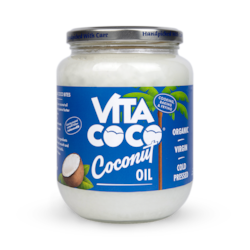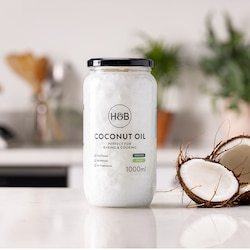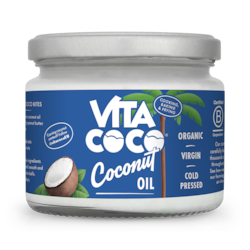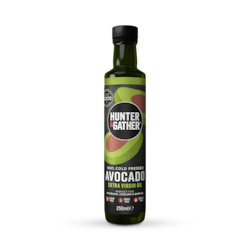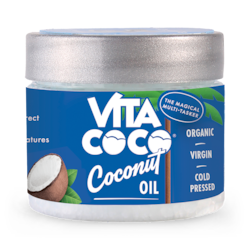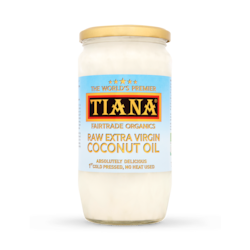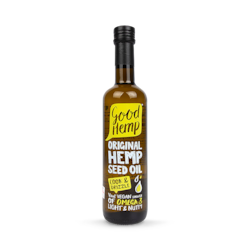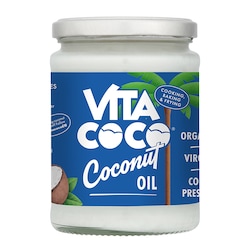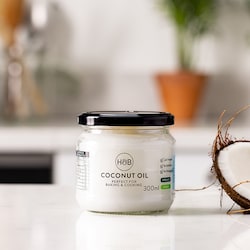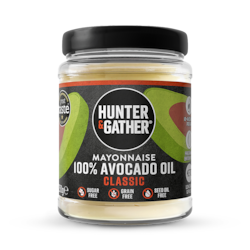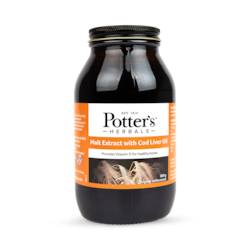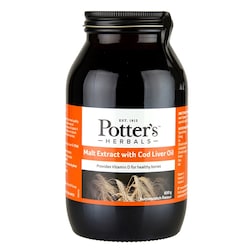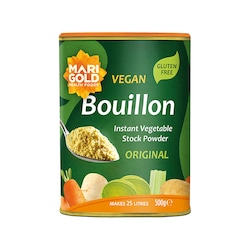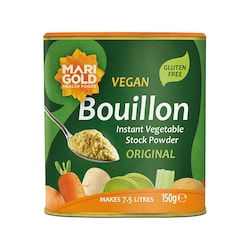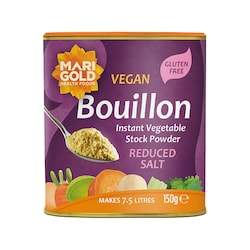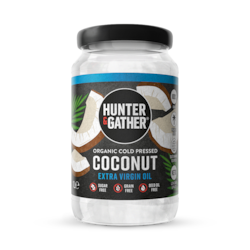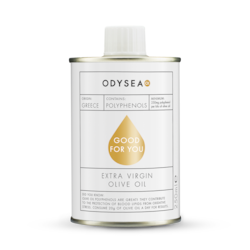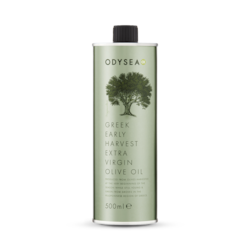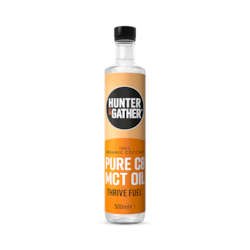Not sure which oil to reach for when cooking? It’s not surprising. For example, we’ve all been told to steer away from butter or lard because they’re high in saturated fats that can contribute to heart disease.
1 But vegetable fats can change during the cooking process, breaking down into harmful chemicals, including aldehydes.
2
Handpicked content: What causes heart disease and am I at risk?
Consider the smoke point
First, you need to think about the oil’s smoke point. Each oil has its own ‘smoke point’ –the temperature at which it starts to consistently produce smoke and burn. When heated above its smoke point, oil begins to decompose, generating aldehydes.
3 For example, the smoke point of olive oil is 216°C, and for refined sunflower oil it’s 232°C.
4
The stability of the oil is important too: some oils, like sunflower oil, are more likely to oxidise when heated – or combine with oxygen in the air – producing harmful compounds in greater quantities.
5
A 2012 study by researchers at Spain’s University of the Basque Country reported that aldehydes can react with our hormones and enzymes.
6
Four oils to use
Whichever oil you choose, keep its use to a minimum to reduce the amount of toxic compounds absorbed by your food:
1. Olive oil
This is one of the best oils to use, both cold and heated. High in monounsaturates, it’s resistant to oxidising.
When to use it: Everything from roasting to frying.
7
2. Extra virgin olive oil
It was once thought that extra virgin olive oil wasn’t suitable for cooking but a 2018 study in Acta Science Nutritional Health reported it’s the most stable oil at high temperatures.
8
When to use it: Another all-rounder but with a richer flavour than olive oil.
3. Rapeseed oil
Rapeseed oil is high in monounsaturates and low in the polyunsaturates that generate toxic compounds when exposed to heat.
9
When to use it: With a delicate flavour, rapeseed is good for frying, baking, roasting and stir-frying.
4. Coconut oil
It may be high in saturated fats, but in 2018, Cambridge University reported that, unlike butter, coconut oil can reduce levels of ‘bad’ cholesterol, and raise the good.
10 It’s also pretty stable at high temperatures, despite having a low smoke point.
11
When to use it: Ideal for a range of cooking at various temperatures – but watch out for that coconut flavour.
Advice is for information only and should not replace medical care. Please check with your GP before trying any remedies.
Shop our
Vitamins & Supplements range
Sources
1. American Heart Association. Healthy Cooking Oils. Available from: http://www.heart.org/HEARTORG/HealthyLiving/HealthyEating/SimpleCookingandRecipes/Healthy-Cooking-Oils_UCM_445179_Article.jsp#.W2hZz_5KjOQ
2. BBC Two Trust Me, I’m a Doctor. Which oils are best to cook with? Available from: http://www.bbc.co.uk/programmes/articles/3t902pqt3C7nGN99hVRFc1y/which-oils-are-best-to-cook-with
3. As above
4. The Vegetarian Health Institute. Smoke Point of Oils. Available from: https://www.veghealth.com/nutrition-tables/Smoke-Points-of-Oils-table.pdf
5. De Alzaa F, Guillaume C, Ravetti L. Evaluation of Chemical and Physical Changes in Different Commercial Oils during Heating. Available from: https://actascientific.com/ASNH/pdf/ASNH-02-0083.pdf
6. Science Daily. Fried food risks: Toxic aldehydes detected in reheated oil. Available from: https://www.sciencedaily.com/releases/2012/02/120222093508.htm
7. As Source 2
8. As Source 5
9. As Source 2
10. Khaw KT, et al. Randomised trial of coconut oil, olive oil or butter on blood lipids and other cardiovascular risk factors in healthy men and women. Available from: https://www.ncbi.nlm.nih.gov/pmc/articles/PMC5855206/
11. As Source 4



